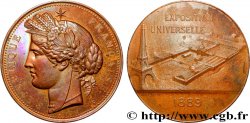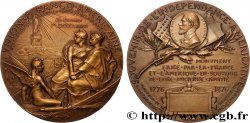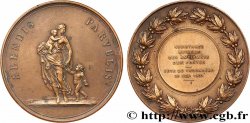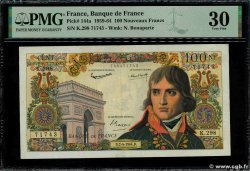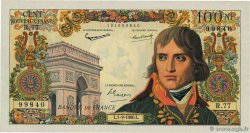fme_584689 - III REPUBLIC Médaille parlementaire, VIIIe législature, Louis Barthou
недоступный.
Товар уже продан в нашем интернет-магазине (2022)
Цена: : 280.00 €
Товар уже продан в нашем интернет-магазине (2022)
Цена: : 280.00 €
Тип Médaille parlementaire, VIIIe législature, Louis Barthou
Дата: 1902
Монетный двор / Город: 64 - Pyrénées-Atlantiques
Металл: silver
Диаметр: 50 mm
Ориентация осей монеты: 12 h.
Вес: 60,09 g.
Век: lisse + corne d’abondance ARGENT
Пуансон: corne d’abondance ARGENT
Редкость: R3
Комментарии о состоянии
Cette médaille présente de hauts reliefs et est recouverte d’une patine grise de médaillier. Présence de coups et rayures
Лицевая сторона
Аверс: легенда: REPUBLIQUE - FRANÇAISE.
Аверс: описание: La République assise le bras droite tenant une branche d’olivier passé au-dessus d’un lion, la main gauche reposant sur une urne portant l’inscription SUFFR[AGE] / UNIVERSEL ; en bas à gauche L. DESCHAMPS.
Обратная сторона
Реверс: легенда: CHAMBRE DES DEPUTES / 1902 // BARTHOU / BASSES-PYRENEES.
Реверс: Описание: Faisceau de licteur reposant sur un drapeau et des feuilles de chêne sur un cartouche timbré du nom et du département du récipiendaire en deux lignes.
Комментарий
Médaille attribuée en 1902 à Louis Barthou, député des Basses-Pyrénées à l’occasion de la VIIIe législature. Il naquit le 25 août 1862 à Oloron-Sainte-Marie (Basses-Pyrénées) et fut tué le 9 octobre 1934 à Marseille lors de l’assassinat du roi de Yougoslavie. Avocat, il est attiré par le journalisme et la politique. En 1889, alors qu’il n’a que 27 ans, il est élu député des Basses-Pyrénées en tant que membre des Républicains modérés. Il sera réélu député - sans discontinuité - jusqu’en 1919. En 1922 il quitta la députation pour gagner le Sénat. En 1894, il fut nommé ministre des Travaux Publics, fonction qu’il occupera de nouveau de 1906 à 1909. Il fut également Ministre de l’intérieur en 1896 et Garde ses Sceaux de 1909 à 1913... Sa tombe est dans la division 11 du cimetière du Père-Lachaise.







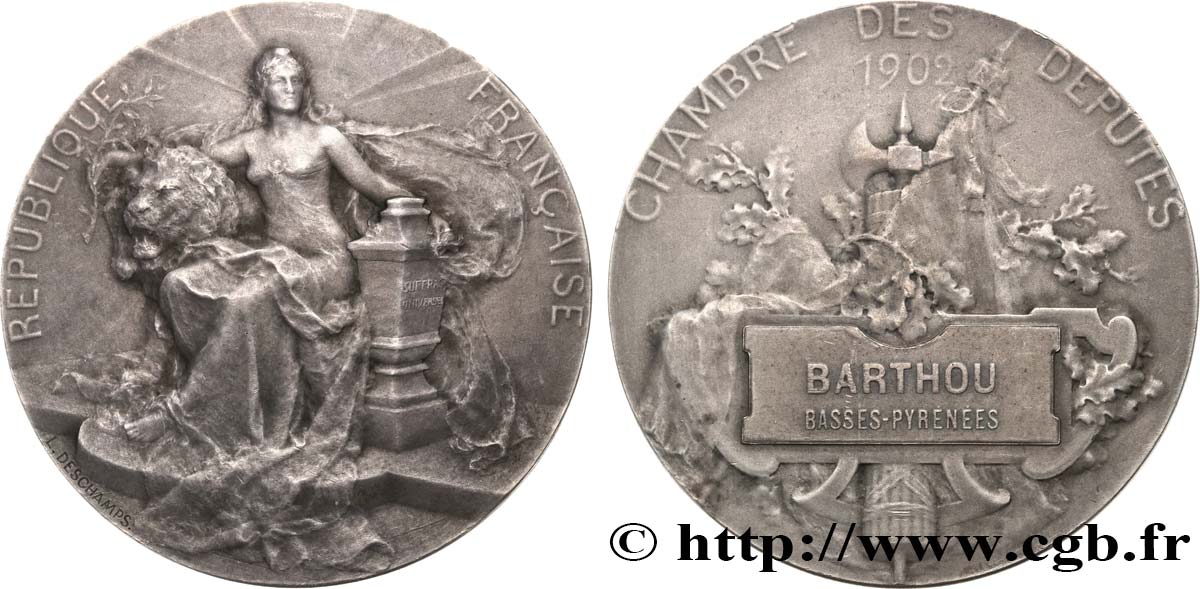
 Cообщить об ошибке
Cообщить об ошибке Распечатать страницу
Распечатать страницу Отправить мой выбор
Отправить мой выбор Задать вопрос
Задать вопрос Consign / sell
Consign / sell
 Информация
Информация
